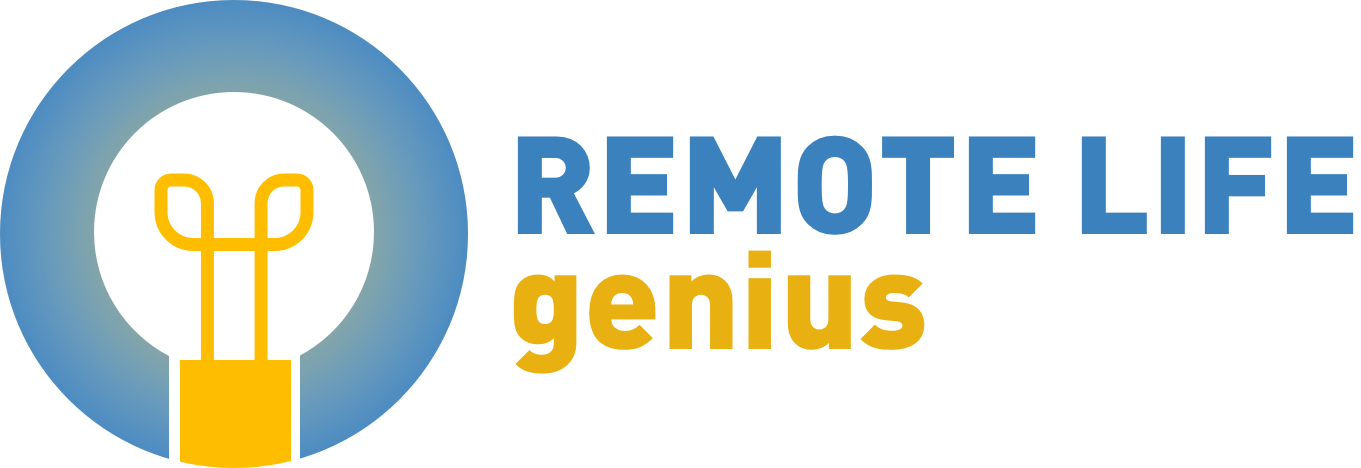Page Contents
1. What is freelancing?
Freelancing is a type of role in the gig economy, which is when companies hire people temporarily instead of full-time. Freelancers are self-employed, and they do not employ others. They’re also referred to as independent contractors. The companies that hire freelancers are their clients.
Unlike traditional contractors, freelancers usually do not complete work on site. They submit a final deliverable or service to their client company remotely. Almost any business function or type of work can be done freelance. Common jobs include content writing, graphic design, marketing, web design, and project management.
2. What does it take to be a freelancer?
Freelancing is a great opportunity to choose the clients you work with and be your own boss. However, it takes certain skills and personality characteristics to be successful. You need to be able to pitch yourself, communicate with clients, and work under deadlines. All of this requires patience, organization, and self-management skills.

As a freelancer, your income is varied, so a certain tolerance for unpredictability is key. Those who thrive as freelancers are motivated by things like location independence and being their own bosses.
If you’re serious about being a freelancer, learn more about how a professional website can help you land more clients.
3. How do freelance websites work?
Freelance websites are places that bring freelancers and potential clients together. They act as online job boards where you can view multiple available projects in one place.
Freelancers bid on projects by submitting a proposal for the work that includes a pay rate. Once a freelancer is hired, the site facilitates contracts, communications, and payments. Freelance sites often charge a membership fee or take a percentage of pay earned on each job.
4. What are the top freelance websites?
Top freelance websites include Fiverr, Upwork, People per Hour, Simply Hired, Solidgigs, and Flexjobs. Some sites like Fiverr and People per Hour focus on one-off projects. Solidgigs and Flexjobs are membership sites that feature long-term remote jobs or projects. Upwork falls somewhere in the middle. They have projects that range from a few days to a few months.
If you’d like to learn more about the differences between each site, check out our Freelance Website Article. There, we cover different business models and the pros and cons of some top sites.
5. What are the benefits of freelancing?
Many people choose to freelance because they want to be their own bosses. But, there are plenty of other reasons to choose this lifestyle. Another popular benefit is location independence, or the ability to work from anywhere.
Freelancers don’t have to work on-site with their clients. So, you can work pretty much anywhere there’s a reliable internet connection. Another benefit of working remotely is the ability to choose hours that work for you.
There is no clocking in or our when you are self-employed. And finally, another major benefit is choosing the projects you work on and the clients you work with.
So, if you’re someone who likes variety in your work, this type of lifestyle can be perfect for you.
6. How are freelance writers paid?
Freelancers can be paid in any number of ways. The most common methods include direct deposit, online payments (Paypal, Venmo, etc.), or physical checks. You can also choose to accept bank transfers or credit card payments.
As a freelancer, you’ll decide on the payment method when you set up the work contract. You can choose to invoice your client at the beginning or end of the contract. Or, some clients may choose to add you to their payroll temporarily.
There are two main types of rates for freelancers–hourly or per project. The rate type you choose often depends on the project. For jobs with flexible or changing requirements, hourly rates work best. But, if you know how long the work will take you, charging one cost for the project simplifies the billing.
7. Who hires freelancers?
Almost anyone you can think of working for can hire freelancers. This includes individuals, small businesses, startups, nonprofits, and large companies.
8. When are freelance taxes due?
Freelancers must pay taxes quarterly in April, July, September, and January. This is because taxes for Social Security and Medicare are not automatically taken out.
So, you need to estimate and pay your taxes each quarter. It’s recommended that you work with an accountant to do so.
For more information about freelancer taxes, check out our article on freelance taxes.
9. What freelance jobs are in demand?
The demand for freelance jobs, in general, has been increasing. According to PeoplePerHour, the fastest-growing freelance roles for 2020 are video creation, content editing, animation, graphic design, article writing, illustration, web design, and data entry.
10. When is the right time to start freelancing?
If you find yourself unemployed, freelance is a great option for earning income. You may find that you prefer freelance over full-time employment. If you want to freelance on the side of your full-time job to earn more income or experience, you can start at any time. Make sure that you’re able to set enough time aside to submit high-quality work for your freelance gigs.
If your goal is to freelance full-time, it’s usually recommended to begin with a side gig. This gives you time to build up a portfolio and network that allows you to quit and freelance full-time. If you’re looking for more information on getting started, head over to our Getting Started Freelancing while Working Full-time article.
Get the free 5-page business plan template for freelancers here.
